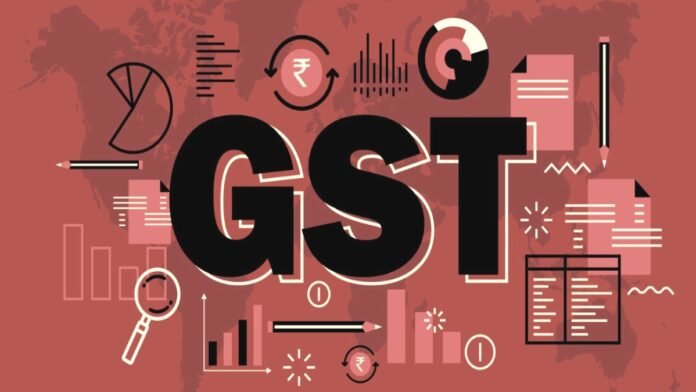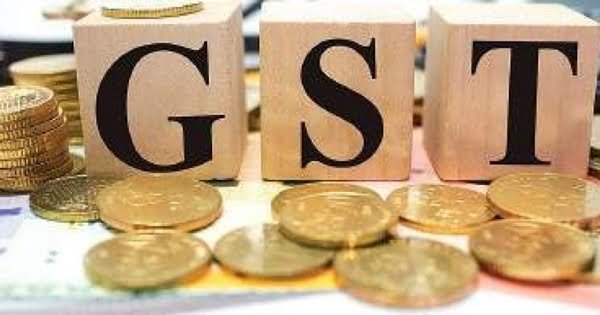
New Delhi: In a move aimed at providing significant relief to the common man, the Group of Ministers (GoM) has reached a consensus to reduce Goods and Services Tax (GST) rates on health and life insurance premiums. The GoM has recommended eliminating GST entirely for senior citizens’ health insurance policies and term life insurance premiums, while proposing an exemption for health insurance policies up to ₹5 lakh. Policies exceeding this limit would still attract 18% GST.
This comes as a potential financial relief, especially for senior citizens and families managing healthcare costs. The GoM also discussed an extensive restructuring of GST rates on other key consumer goods such as packaged drinking water, bicycles, exercise notebooks, luxury footwear, and high-end watches.
GST Exemption for Health Policies and Insurance Relief for Senior Citizens
One of the most anticipated changes is the proposal to abolish GST on health insurance premiums for senior citizens, a move aimed at reducing their healthcare burden. Additionally, a complete GST waiver on term life insurance premiums for the elderly is also on the table. Health insurance policies up to ₹5 lakh may benefit from a zero-GST regime, while policies above ₹5 lakh will remain under the 18% tax slab.
The GoM’s decision is expected to bring immediate financial relief to millions of policyholders, especially as health insurance premiums have risen due to increasing healthcare costs in recent years.
Restructuring of GST Rates on Daily-Use Goods
The GoM has also suggested major changes in GST rates on goods such as packaged drinking water, bicycles, and notebooks. The committee proposed reducing GST on packaged water (above 20 liters) from 18% to 5%, providing much-needed relief to consumers amid rising inflation. Similarly, GST on bicycles and exercise notebooks priced below ₹10,000 could be slashed from 12% to 5%, making these essential goods more affordable.
However, luxury goods are expected to bear the brunt of higher taxation. The GoM recommended increasing the GST on expensive shoes (priced over ₹15,000) and high-end watches (costing more than ₹25,000) from 18% to 28%. This step aims to create a more progressive tax structure where essential goods are taxed at lower rates and luxury items are taxed higher.
Balancing Revenue with Proposed GST Changes
The current GST structure is divided into four slabs 5%, 12%, 18%, and 28%. According to the GoM’s report, the proposed changes are expected to generate ₹22,000 crore in additional revenue, which would offset any potential losses due to reduced rates on insurance premiums and essential goods. The GoM also hinted at increasing GST on aerated water and beverages as part of their effort to compensate for revenue losses.
What’s Next: Awaiting the GST Council’s Final Approval
Bihar Deputy Chief Minister and GoM Chairman, Samrat Choudhary, emphasized that the proposal was designed to benefit the public, particularly senior citizens, and will be tabled at the GST Council meeting next month for final approval. The council will decide the fate of these rate revisions in line with the government’s objective of creating a balanced revenue structure.
In FY 2023-24, the GST collected on health insurance premiums alone was ₹8,262.94 crore, with ₹1,484.36 crore collected from health reinsurance premiums. The GoM is expected to submit its report by the end of this month, following which the GST Council will make its final decision.
Luxury Goods and Essential Goods Taxed Differently
As per the report, essential goods currently fall under the lowest GST slab, while luxury items, along with sin goods (such as tobacco and alcohol), are taxed at the highest slab of 28%, which includes an additional cess. The council is aiming to bring the average GST rate to a revenue-neutral level of 15.3%, ensuring the country’s revenue remains balanced.

The proposed changes indicate a focus on easing the financial burden on essential services while maintaining higher taxes on luxury and non-essential goods. If approved, these reforms will not only benefit consumers but also provide a much-needed fiscal stimulus in sectors like insurance and essential commodities.




















































